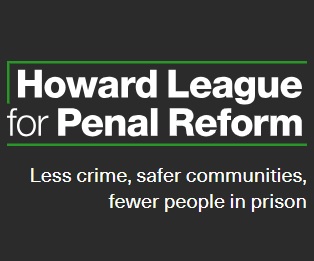How do refugee organizations communicate about forcibly displaced people?
© DFID – UK Department for International Development published under Creative Commons License (CC BY-NC-ND 2.0) http://bit.ly/33MnkXX 70.8 million. That is the enormous number of people who were forcibly displaced worldwide at the end of 2018. Many of them are confronted with hostility, xenophobia and/or increasingly popular far-right movements.[1] While states have the basic legal responsibility to protect and assist these displaced people,[2] in recent decades, several states worldwide have implemented increasingly restrictive asylum policies.[3] In protecting refugees’ rights and...



















1754-9469/asset/society_affiliation_image.gif?v=1&s=9197a1a6ba8c381665ecbf311eae8aca348fe8aa)
